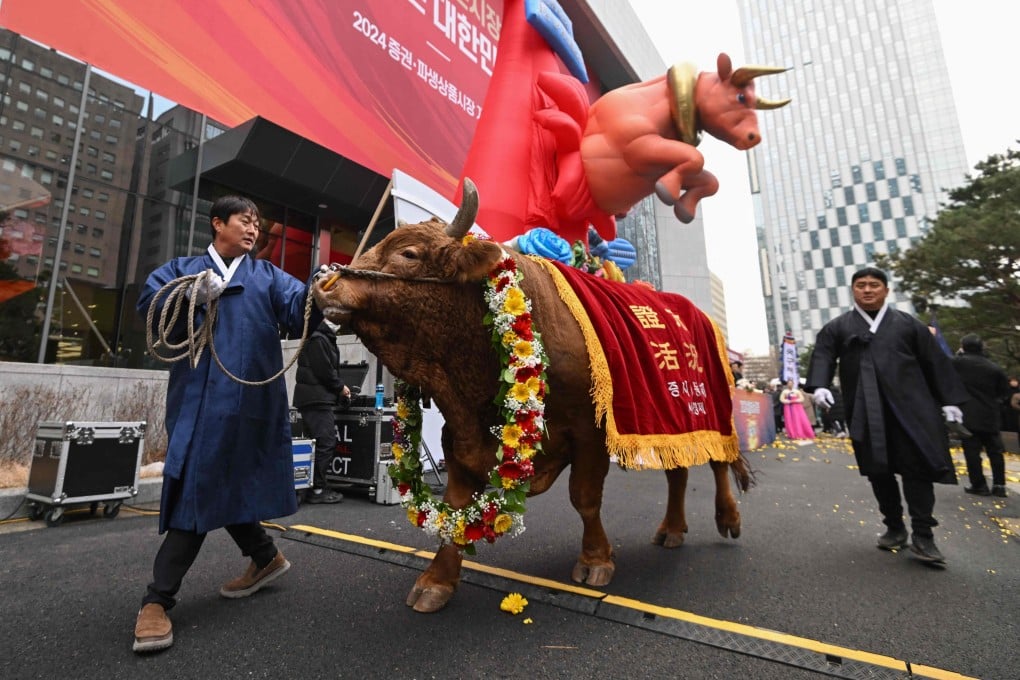Advertisement
The View | China recovery, Trump victory: 5 myths investors must beware in 2024
- After widespread expectations of a global recession last year fell flat, investors should take note of current narratives to spot potential shocks for 2024
- Candidates include assumptions of interest rate cuts, a steady economic recovery in China, a debt implosion, an end to war and Trump’s re-election
Reading Time:4 minutes
Why you can trust SCMP

Bull markets make for casual investors. There is little volatility, the trend is your friend and investors can hide their mistakes. That was 2023. The obvious misjudgment was investors expecting a global recession, when in fact stock markets had a superb year. The result was happiness.
The Nasdaq index rose a massive 43 per cent, the S&P 500 jumped 24 per cent and the Euro Stoxx was up more than 17 per cent, all after a miserable 2022. Only China broke the mould as the expected post-Covid recovery fell into a surprising decline, with the Shanghai Composite Index losing 6 per cent in 2023. Even worse was our own Hong Kong, down 14 per cent.
Investor expectations in January 2023 were so wide of the mark that it is worth taking a look at the dominant narratives flowing through today’s markets to see what entrenched beliefs could become shocks or surprises in 2024. These are the five investing myths in January 2024.
Advertisement
Myth 1: Interest rates will fall. This is a myth because the US Federal Reserve has no reason to cut rates. The current US economy displays interest rates, inflation, growth and unemployment all around 3-5 per cent, making lower rates unnecessary. Higher rates are preferable for the Fed to keep its powder dry should significant economic weakness emerge.
The Fed’s job is made easier because the sluggish Chinese economy is exporting disinflation. At present, Western economies appear neither critical nor fragile, demonstrating a rare stability last year by shrugging off two bloody wars and multiple bank failures in the United States.
Advertisement
Unless some kind of unforeseen disruptive event pops up, the federal funds rate is unlikely to fall below 4 per cent. There is little chance of a cut in the second half of 2024, when the markets will be consumed by the US election campaign.
Advertisement
Select Voice
Select Speed
1.00x
